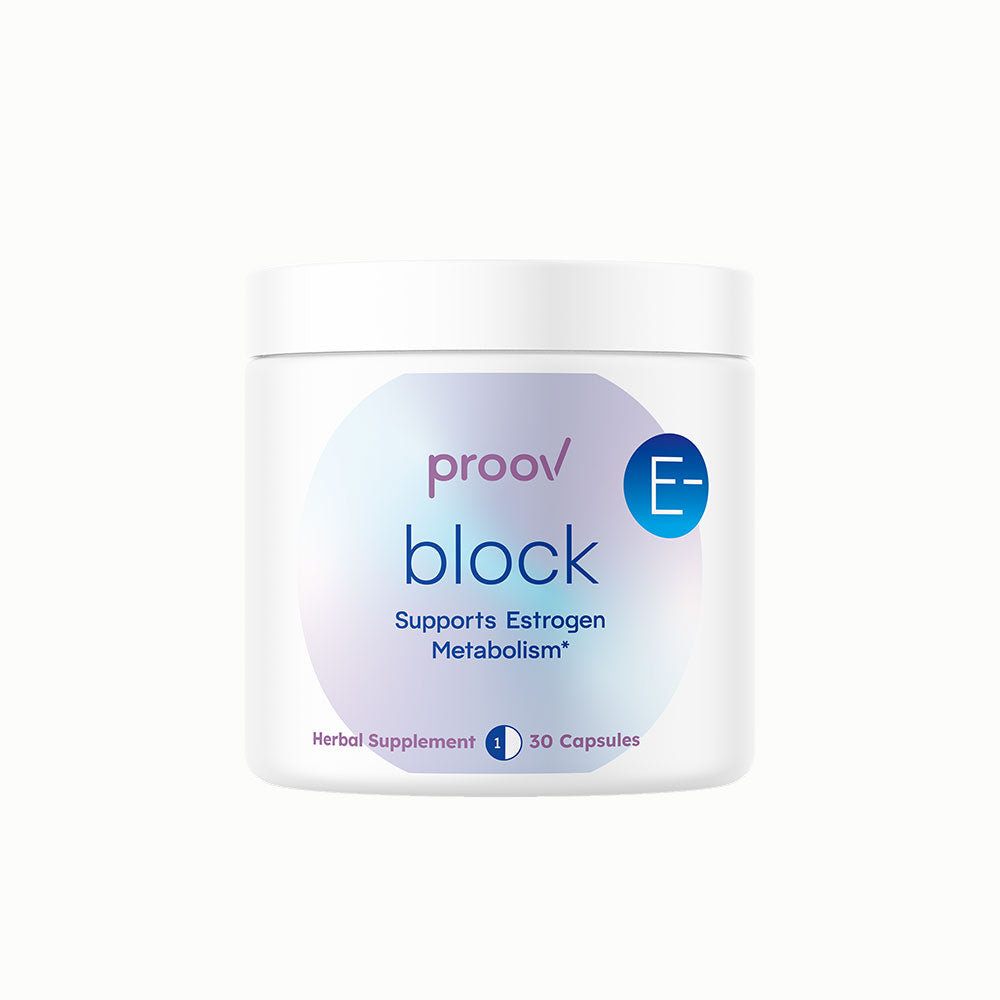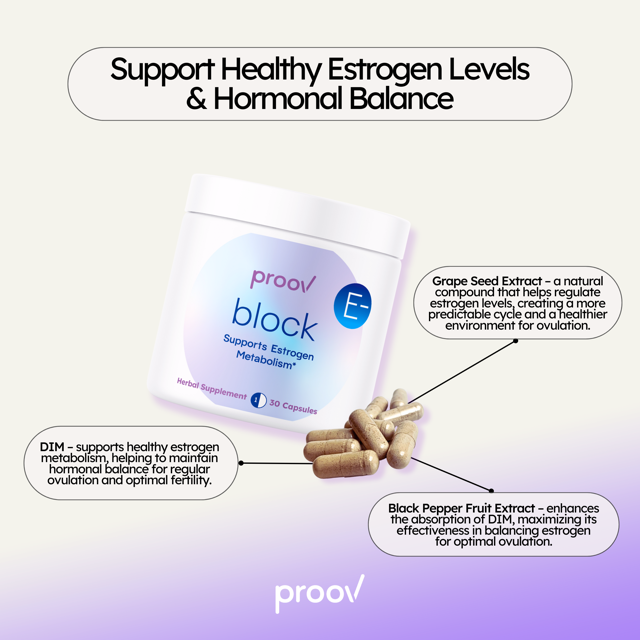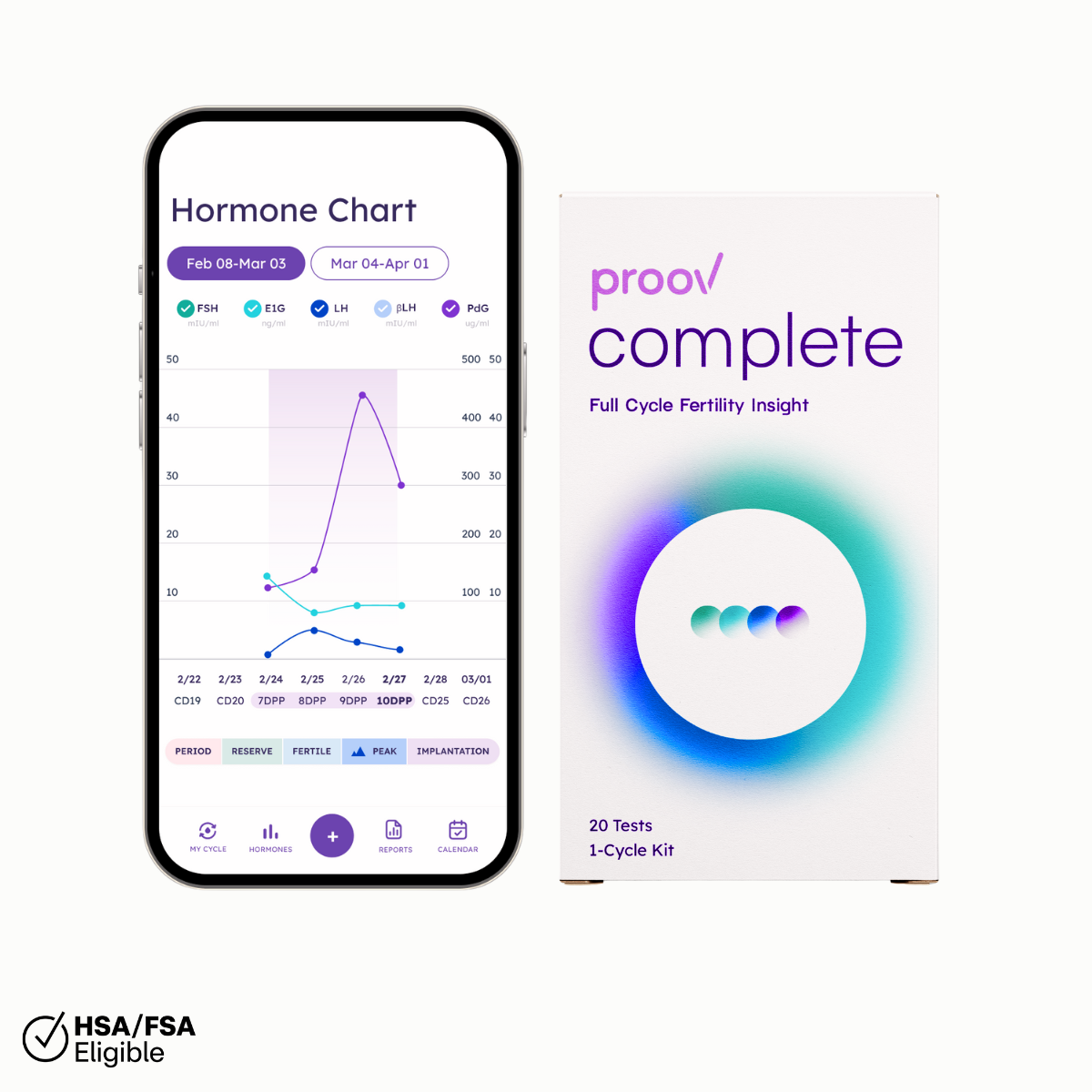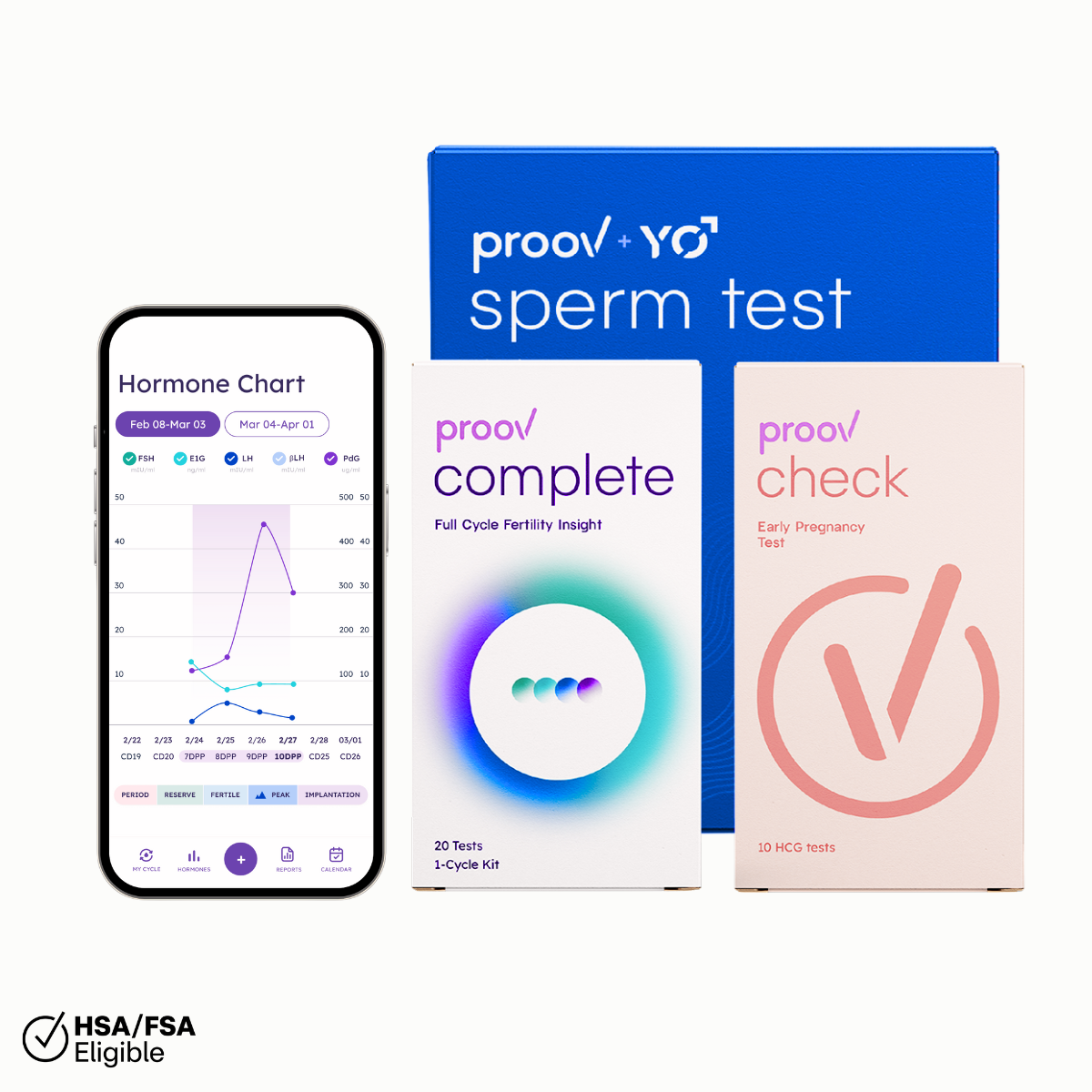Perimenopause is a transitional phase in a woman's life that brings about many changes, both physical and emotional. One of the most disruptive symptoms during this time is insomnia, a common but often overlooked issue that can significantly impact your quality of life. Sleep disturbances can make it difficult to juggle the demands of daily life, especially when you're already balancing a career, family, and personal responsibilities. But with the right information and tools, you can manage these sleep issues effectively and regain control over your nights.
Perimenopause vs. menopause
Before diving into the specifics of insomnia during perimenopause, it’s essential to understand the difference between perimenopause and menopause. Perimenopause is the stage leading up to menopause, where your body gradually decreases its production of estrogen and progesterone. This phase can start as early as your mid-30s and last several years. Menopause itself is defined as the point when you’ve gone 12 consecutive months without a menstrual period, signaling the end of your reproductive years.
What causes insomnia during perimenopause?
Insomnia during perimenopause is primarily caused by the hormonal fluctuations that characterize this stage of life. As your body produces less estrogen and progesterone, you may experience a range of symptoms, including night sweats, hot flashes, and mood swings — all of which can interfere with your ability to get a good night's sleep. But why exactly do these hormone changes affect your sleep so much?
The role of hormones in sleep patterns

Estrogen and progesterone are not just reproductive hormones; they also play crucial roles in regulating sleep. Estrogen helps maintain body temperature and has a calming effect on the brain, which can promote deeper, more restful sleep. As estrogen levels decline during perimenopause, you might experience hot flashes and night sweats, which can wake you up and make it difficult to fall back asleep.
Progesterone, on the other hand, has a sedative effect and helps you fall asleep more easily. A decrease in progesterone can lead to difficulty falling asleep and staying asleep. This combination of lower estrogen and progesterone can create a perfect storm for insomnia, leaving you tossing and turning when you should be resting.
Identifying sleep disturbances: Is it perimenopause?
If you’re experiencing insomnia or other sleep issues, it’s natural to wonder if perimenopause is the culprit. While sleep disturbances can be caused by various factors, including stress, diet, and lifestyle, hormone imbalances during perimenopause are a significant trigger for many women.
One way to determine if your sleep issues are related to perimenopause is through hormone testing. Tests that measure levels of estrogen, progesterone, and Follicle-Stimulating Hormone (FSH) can provide insights into whether your symptoms are linked to perimenopause. If you suspect your sleep disturbances are linked to hormonal changes, consider testing your hormone levels. Proov Empower offers at-home testing that can help you track your hormone markers and provide insights into your perimenopausal stage. Understanding your hormone levels can be the first step in addressing your sleep issues effectively.
What can I do to help with my sleep issues?
Once you’ve identified that your insomnia may be related to perimenopause, there are several steps you can take to improve your sleep:
Natural remedies for insomnia:

There are several natural approaches you can try to alleviate insomnia during perimenopause. These include:
- Herbal supplements: Herbs like valerian root, chamomile, and lavender have calming effects and may help you fall asleep more easily.
- Sleep hygiene: Establishing a regular sleep routine, reducing screen time before bed, and creating a comfortable sleep environment can all contribute to better sleep.
- Relaxation techniques: Practices such as deep breathing, meditation, and yoga can help reduce stress and promote relaxation before bedtime.
- Dietary changes: Avoiding caffeine, alcohol and heavy meals before bed can reduce sleep disturbances.
- Lifestyle adjustments: Incorporating regular exercise and maintaining a balanced diet can also support better sleep. Exercise can help regulate your body’s natural sleep-wake cycle, while a diet rich in magnesium and calcium can promote relaxation.
- Seeking support: Don’t hesitate to reach out for help if your sleep issues are severely impacting your quality of life. Proov Empower provides not only hormone testing but also connects you with quality customer care from women who understand what you’re going through. If needed, Proov can also help you connect with medical experts who can provide further guidance and treatment options.
How Proov Empower can help
Proov Empower is designed to support women through the challenging phase of perimenopause by offering insights into hormone levels and helping you understand the changes your body is going through. With Proov Empower, you can track your hormone levels, which may shed light on why you’re experiencing sleep disturbances. Armed with this information, you can make informed decisions about how to manage your symptoms, whether through natural remedies, lifestyle changes, or medical consultations.
One final thought
Perimenopause can be a challenging time, especially when sleep issues like insomnia start to disrupt your life. However, with the right tools and information, you can take control of your sleep and improve your overall quality of life. Proov is here to guide you through this journey, offering the support and insights you need to navigate perimenopause with confidence.












